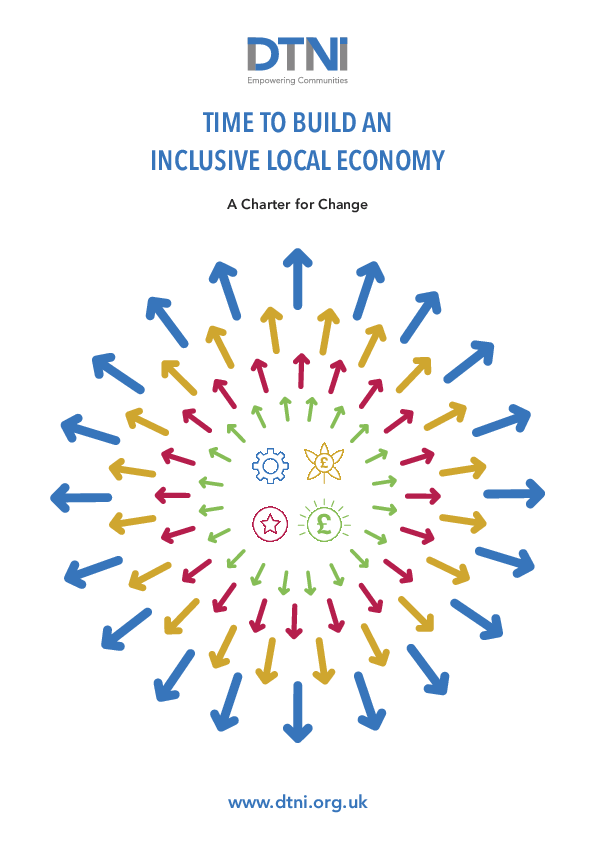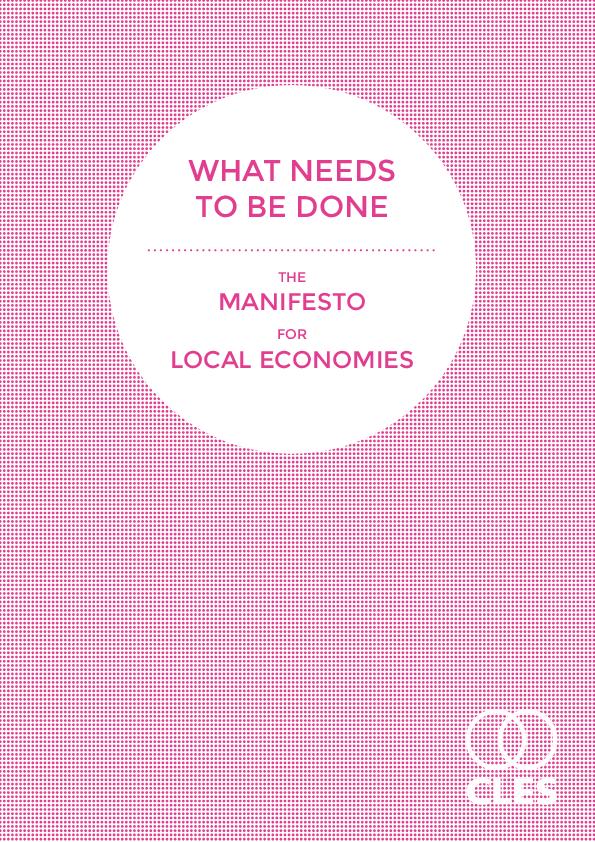Reflections on the Community Wealth Building Summit
Back in the office at the start of a new week, the CLES team is fired with an enthusiasm that only comes with successfully bringing 200 dedicated activists and changemakers together. As we push on to drive further actions and outcomes, the team has taken some time to offer three quick-fire reflections of our own from the day about what #cwbis to us…









